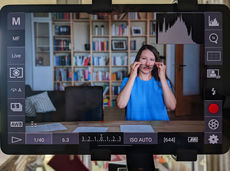Prof. Dr. Olga Moskatova
T +49 (0)69.800 59-214
Main building, room 303
Discipline
Subject/Area
Faculty
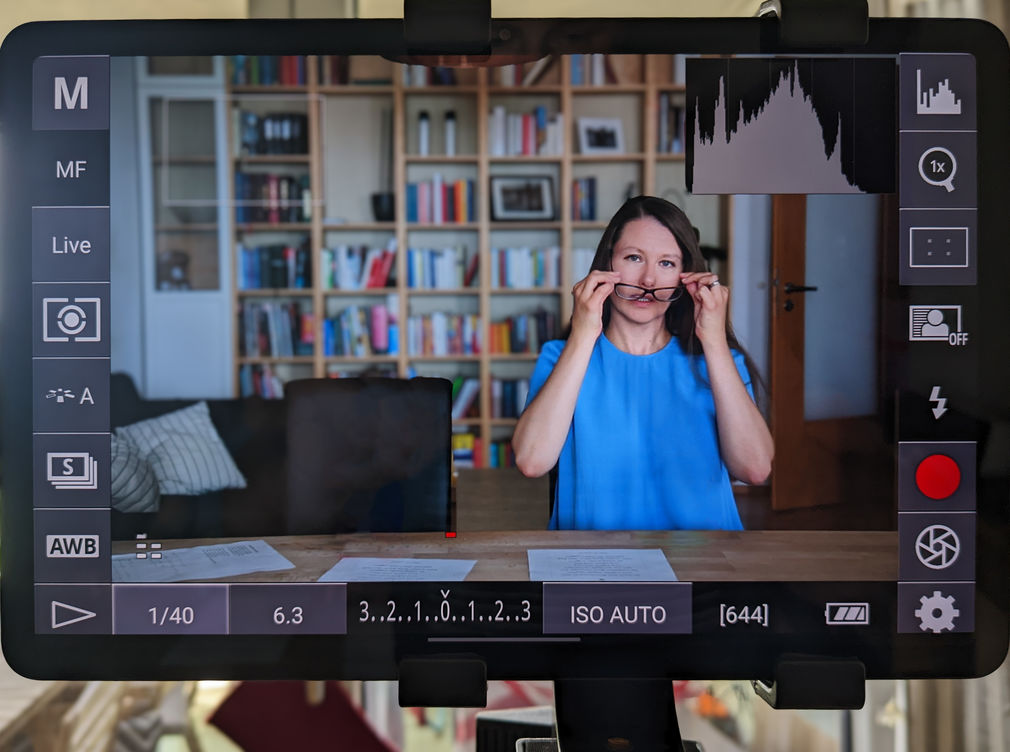
Vita
Olga Moskatova studied Social and Business Communication at the Berlin University of the Arts and Université Stendhal 3 Grenoble, France. After the two-year fellowship in the DFG-college "The Real in the Culture of Modernity" at the University of Konstanz, she moved to the Bauhaus University Weimar in 2012. Here she was a research associate at the International College for Cultural Technology Research and Media Philosophy (IKKM) and at the professorship for media philosophy until 2018. In 2017, she received her PhD with the thesis "Male am Zelluloid. On relational materialism in cameraless film" in Berlin. From 2018-2023, she was an assistant professor of media studies (visuality and image cultures) at Friedrich-Alexander-Universität Erlangen-Nürnberg.
Since October 2023, she is professor of media theory at HfG Offenbach. She researches and teaches on theory and aesthetics of visual media, networked image cultures, avant-garde and media art, materiality of media/new materialism, protective media and immunization dispositifs.
Publications
Download
Monographien
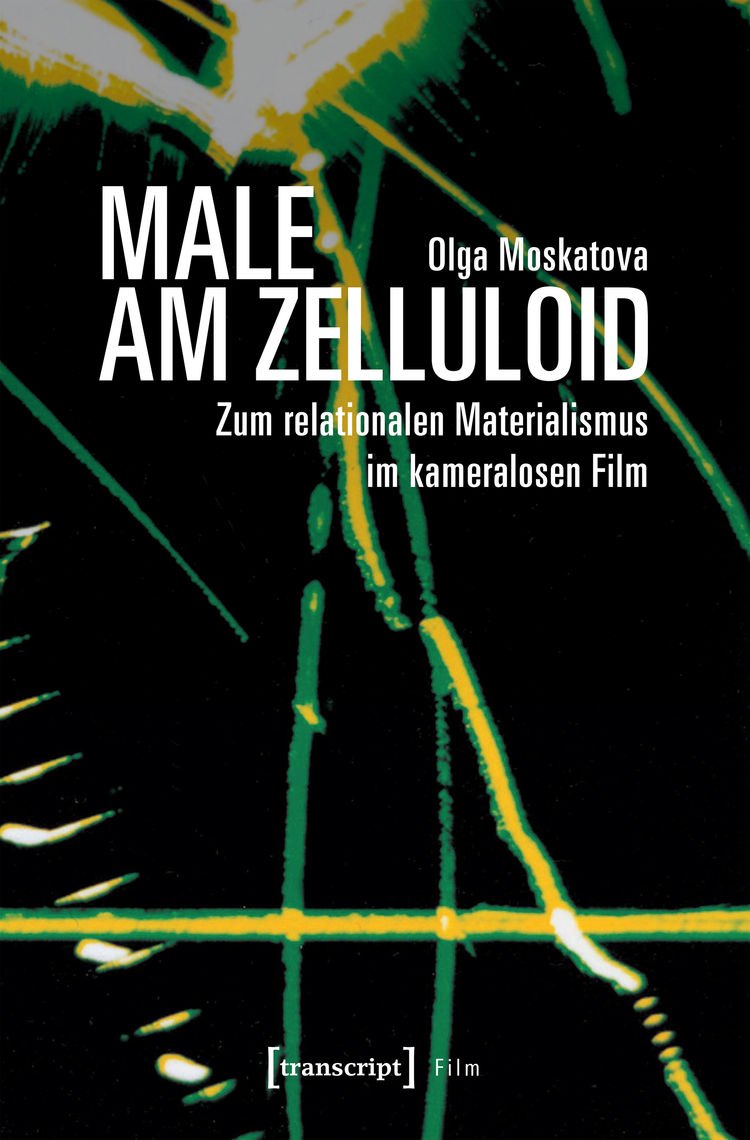
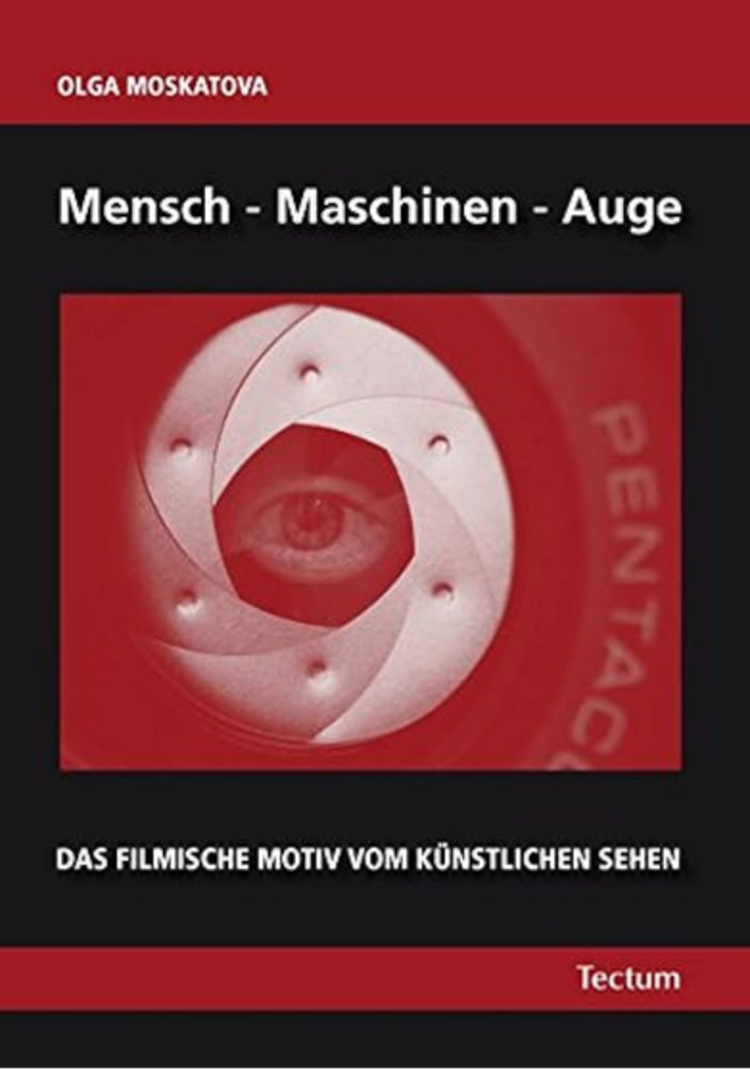
Herausgeberschaft | Zeitschriftenausgaben
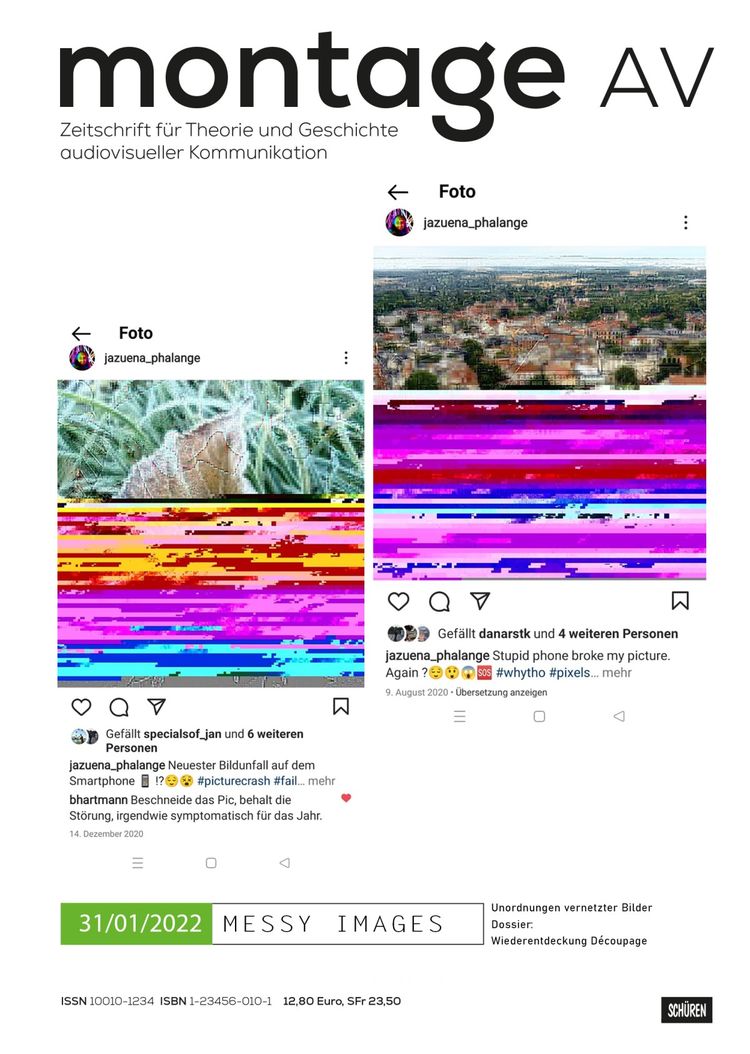
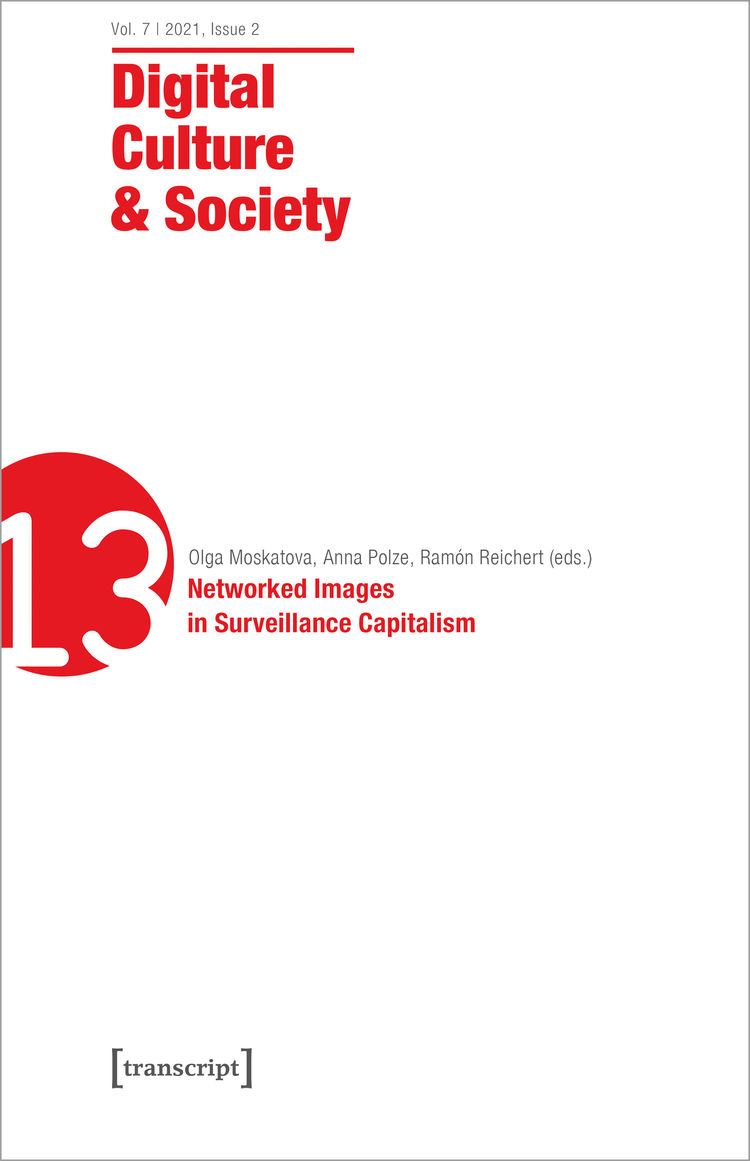
Herausgeberschaft | Sammelbände
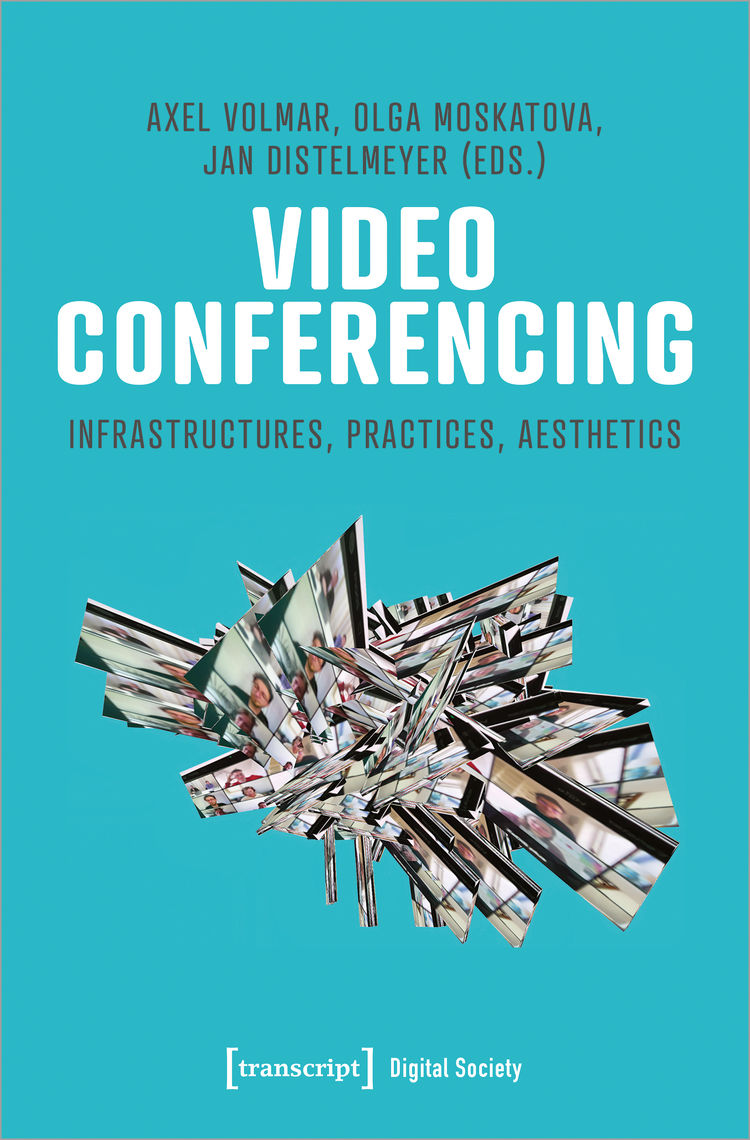
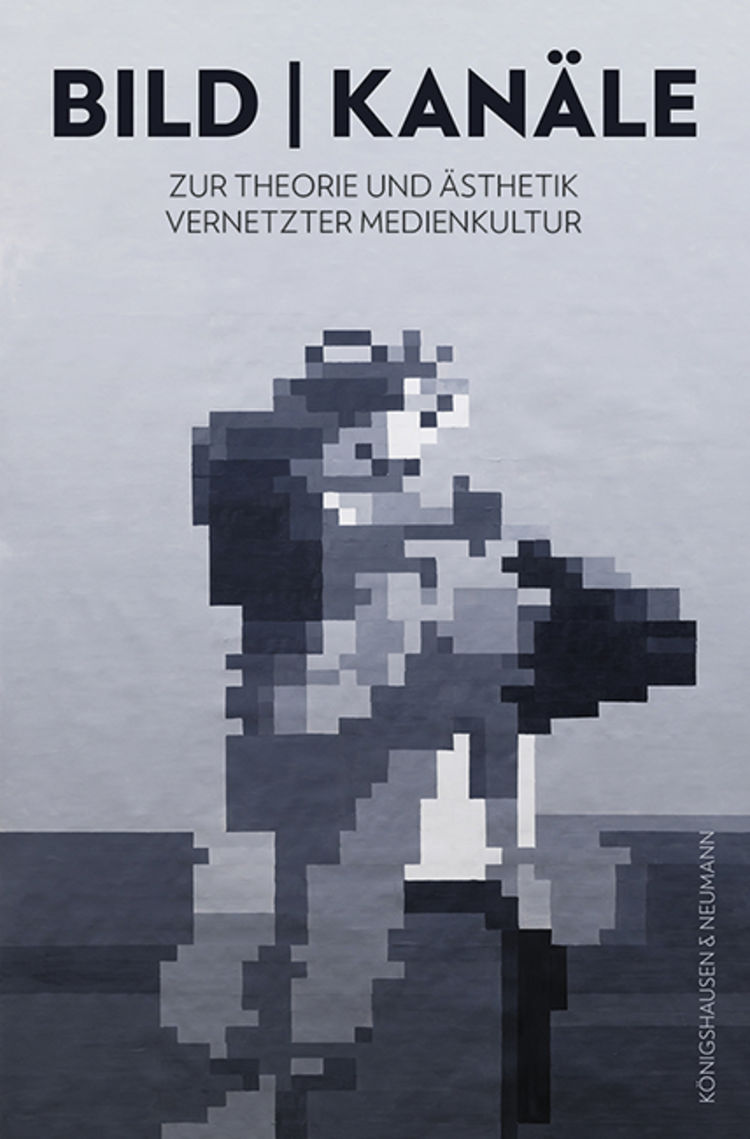
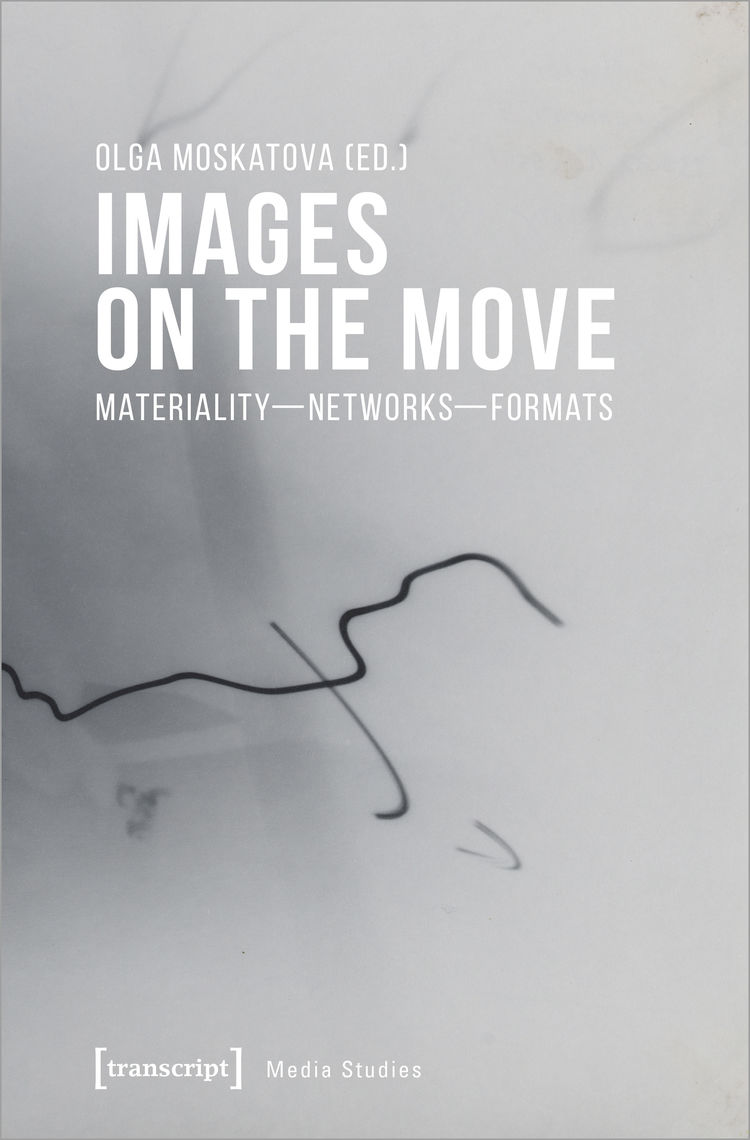
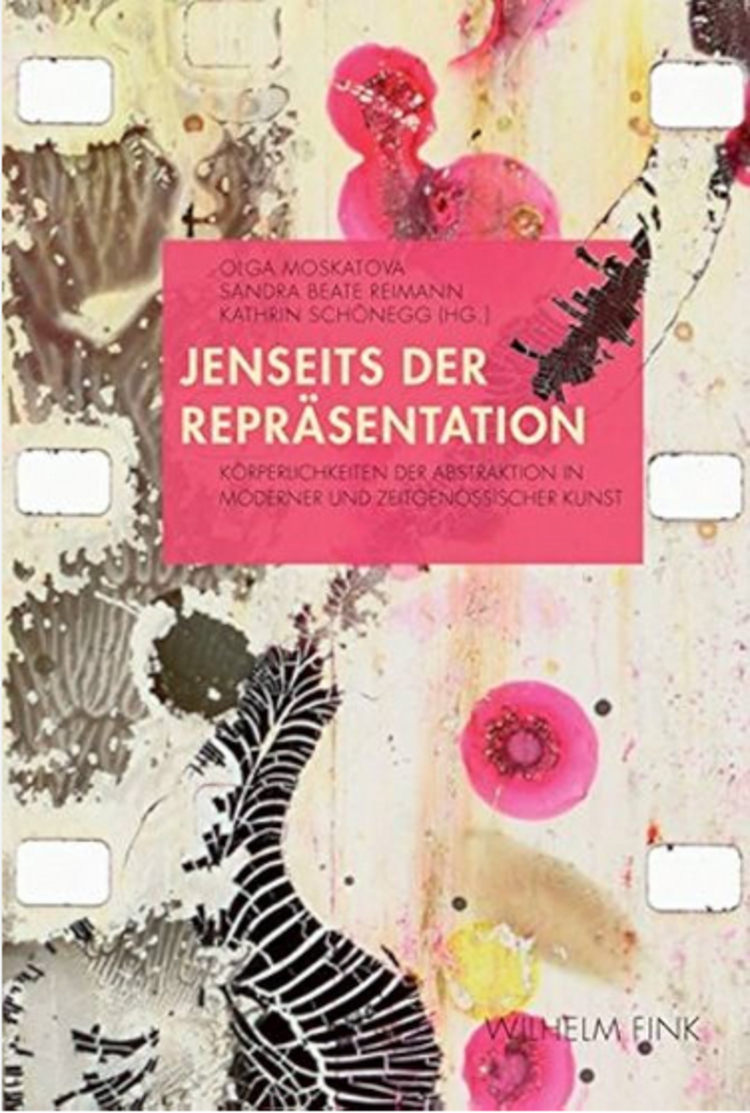
Herausgeberschaft | Handbücher
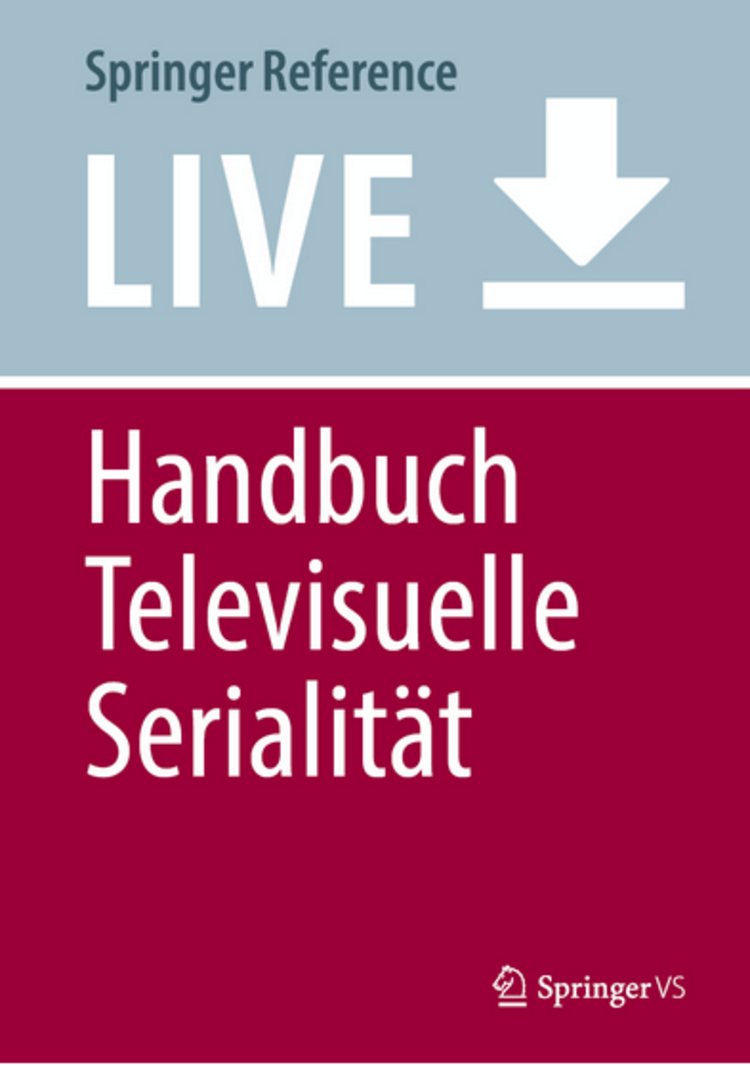
Projekte

Research Network “AI and Visual Media”
AI technologies have been an important part of visual culture for many decades. Films, series, games, comics, and arts imagine future AI media, and potential social, political and anthropological transformations resulting from AI technologies. Popular media negotiate fears and hopes that are stimulated by AI, mostly revolving around the idea of Artificial Super Intelligence or Strong AI. However, in contrast to the public imagination and discourse, contemporary AI technologies (machine learning algorithms) belong to the realm of narrow AI, capable of automating and performing single tasks only, including visual AI applications such as face recognition, automated license plate recognition, image labeling, automated content moderation, image optimization, or image generation.
Contemporary visual AI is an everyday AI, which proliferates in mundane media contexts and shifts ontologies, epistemologies, practices, and politics of visual media: Today, AI algorithms optimize, classify and sort images taken with smartphone cameras on a regular basis, contributing to normalized aesthetics. Photo editing software embeds AI-based image manipulation techniques, fueling long-standing debates on images’ authenticity, and text-to-image, text-to-video, text-to-3D model generators statistically recycle and reinforce existing image patterns for image synthesis. On social media, computer vision sorts out inappropriate content according to Western ethical standards, economical reasoning, or agendas favored by repressive political regimes. AI-powered apps and filters invite aesthetic experiments with age, gender, or identity plasticity, or enable the personalization of popular movies or series by replacing star faces with selfies. While visual AI transforms everyday visual practices and image production, it also relies on them as a resource for its very existence. Networked and digitized images constitute the datasets necessary for training the machine learning algorithms. Harvesting open access and social media images and building AI technologies consolidate the power struggles and power structures within the digital realm and economies.
“AI and Visual Media” is a research network bringing together scholars from media studies, data and algorithm studies, cultural studies and contemporary art, who are examining visual AI and the effects it has on visual culture and contemporary society. We are particularly interested in discussing how AI technologies are changing our concepts and theories of images and media, and what kind of politics is inscribed into AI infrastructures and enforced by them. We are seeking to develop and discuss experimental, qualitative and interdisciplinary methodologies for studying AI infrastructures, media ecologies, and data set archaeologies.
Initiator/Founder
Olga Moskatova
Members
Tomáš Dvořák
Olga Goriunova
Michelle Henning
Michelle.Henning@liverpool.ac.uk

